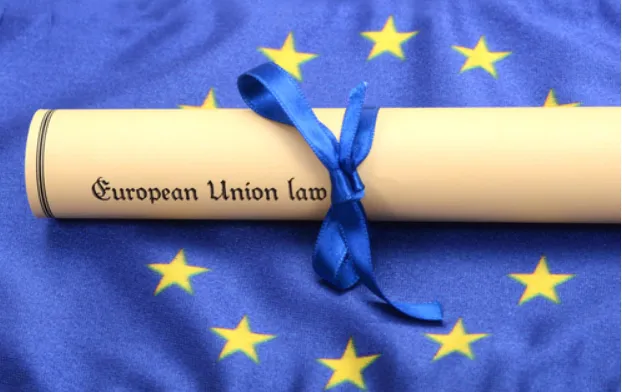
What is FCC and CE Certification?
In today’s international trade, product certification is crucial for ensuring compliance and market access. Products with CE and FCC certifications demonstrate adherence to regULations in Europe and the United States. These certification marks benefit not only vendors but also consumers and regulatory agencies, making it essential to understand the requirements and significance of CE and fcc certifications for global market entry and product safety.

Overview of CE certification
CE certification is a legal requirement for products sold and imported in the European market. The ce mark stands for "Conformité Européene," meaning "European Conformity." With CE certification, a product can be marketed as compliant with European standards and regulations. CE certification covers a range of products, including electronic devices, machinery, medical devices, toys, and personal protective equipment, enabling them to be freely sold and circulated within the European market.
Standards and Procedures for CE Certification
2.1 CE certification involves multiple standards and procedures, primarily:
- Low Voltage Directive (LVD): Ensures product safety to prevent electric shock, fire, or other hazards.
- Electromagnetic Compatibility Directive (EMC): Ensures products do not produce excessive electromagnetic interference or are vulnerable to external interference.
- Mechanical Safety Directive: Ensures mechanical safety, covering aspects like structure, materials, and emergency stops.
2.2 General steps in the ce certification process:
- Product Analysis: Identify applicable directives and standards.
- Compliance Assessment: Testing and evaluation of the product to ensure it meets standards.
- Manufacturer’s Declaration: A formal declaration affirming product compliance.
- CE Mark Application: Once compliant, the CE mark is applied to the product.
Note: Requirements and procedures vary by product type and directives.
Overview of fcc certification
FCC certification evaluates electronic devices under the Federal Communications Commission's regulations to ensure they do not interfere with communication networks and meet U.S. standards for electromagnetic compatibility and radiofrequency radiation. It is mandatory for electronic devices such as wireless devices, TVs, computers, phones, and radio equipment, regardless of domestic production or import.
Standards and Procedures for FCC Certification
4.1 Key standards and procedures include:
- Electromagnetic Compatibility (EMC): Ensures devices do not interfere with other equipment.
- Radiofrequency Radiation: Ensures compliance with emission limits to REDuce interference.
- Radio Frequency (RF): Ensures compliance with frequency allocation and usage rules.
4.2 fcc certification process includes:
- Testing by an FCC-recognized laboratory: Tests are conducted according to fcc standards, including EMC, RF radiation, and spectrum analysis.
- Report Compilation: Details the device’s technical specifications, test methods, and results.
- Certification Application Submission: After approval, the FCC mark can be applied to products.
Differences and Similarities Between CE and FCC Certification
- Scope: CE certification applies to the European market, whereas FCC certification applies to the U.S. market.
- Certification Mark: The CE mark indicates compliance with European standards, and the FCC mark signifies adherence to U.S. electromagnetic and RF requirements.
- Legal Requirement: CE is required by European law, and FCC is required under FCC regulations.
CE and FCC certifications are essential for ensuring product compliance and market access. CE certification is specific to Europe, and FCC certification to the U.S., but obtaining both can broaden market access. Compliance with these certifications enhances product quality and credibility, opening opportunities in global markets, building consumer trust, and supporting long-term success.
Email:hello@jjrlab.com
Write your message here and send it to us
 Canada Wireless Device IC Certification RSS-210 Te
Canada Wireless Device IC Certification RSS-210 Te
 FCC Part 15.231 for Wireless Remote Controls and S
FCC Part 15.231 for Wireless Remote Controls and S
 Is SAA Certification Required for Lamps Sold to Au
Is SAA Certification Required for Lamps Sold to Au
 Tablet PC RSS-247 Test Report
Tablet PC RSS-247 Test Report
 Canada ISED Certification RSS-247 Standard Testing
Canada ISED Certification RSS-247 Standard Testing
 What Are the Product Compliance for Amazon Austral
What Are the Product Compliance for Amazon Austral
 Australia IoT Security Compliance
Australia IoT Security Compliance
 V16 Warning Light EU EN 18031 Cybersecurity Certif
V16 Warning Light EU EN 18031 Cybersecurity Certif
Leave us a message
24-hour online customer service at any time to respond, so that you worry!




